Native to New Zealand and steam distilled from the manuka—or Leptospermum scoparium—tree, Manuka essential oil is a skin care pro. In fact, it’s right up there with Tea Tree oil when it comes to skin-loving superstars. But there’s more to those drops of Manuka than mad skin-cleansing skills.
Bothersome blemishes? Manuka’s got a drop for that. Itchy scalp? Manuka’s a master moisturizer. Fatigued feet? Meet Manuka, your new massage therapist. It could be coincidence that Manuka and multitasker both start with the letter M, but we think not.
Is Manuka oil good for skin?
Whether you’re fighting fine lines or soothing small skin irritations, make sure Manuka essential oil stands front and center in your bathroom cabinet. It’s moisturizing, calming, and cleansing. Here are some ways to benefit from this trifecta of talent.
Boost your beauty routine: Add a few drops of Manuka to your Orange Blossom Facial Wash to elevate its cleansing and moisturizing properties.
Soothe while you smooth: Combine 2 drops each of Manuka and Helichrysum to your favorite body butter for an extra dreamy scent and an extra dose of moisture.
Tackle troublesome blemishes: Use our Maximum Strength Acne Treatment—Manuka is a main ingredient—and send blemishes to the sideline.
Is Manuka oil good for hair?
The moisturizing benefits of Manuka essential oil go beyond standout skin. Combine Manuka with your shampoo bestie to replenish thirsty hair and relieve an itchy scalp.
Get a head start on hydration: Add 2 drops of Manuka to your shampoo once a week. Wash hair gently and thoroughly—spending extra time massaging your scalp—before rinsing to drench hair in moisture and fend off flakes.
Mask and you shall receive: Look no further than a DIY hair mask infused with Manuka to revive dry hair. Mix a few drops of Manuka essential oil with fractionated coconut oil and massage into scalp. Cover hair with a shower cap to keep the mask warm. Leave on for 15-30 minutes and then shampoo and condition as usual.
Are Tea Tree oil and Manuka oil the same?
Tea Tree and Manuka are a lot like our three types of Eucalyptus essential oils: related but different. Tea Tree and Manuka are from the same family—Myrtaceae—but are more like cousins than sisters.
The biggest difference? Their scents. Tea Tree is strong, herbaceous, and slightly medicinal. Manuka has similar qualities but features a warmer, softer smell with a hint of floral. And guess what? Like Eucalyptus, Tea Tree and Manuka have a third cousin: Australian Ericifolia. Commonly known as “Lavender Tea Tree,” this essential oil combines the benefits of Tea Tree with the soothing nature of Lavender.
If you’re ready to try your hand—or your diffuser—at Manuka, check out these ideas:
Toe the line: Keep feet and toenails in tip-top shape by adding a few drops of Manuka to a cotton ball and applying directly to tootsies. You can also make a DIY foot soak with ¼ cup Epsom salt and 3 drops Manuka in a basin of warm water. Soak feet for about 10 minutes, then pat dry.
Tidy up toxin free: Prefer plant-based cleaning products? So do we! DIY a delightful all-purpose cleaner by combining 1 cup water, ¼ cup witch hazel, 10 drops Manuka, and 10 drops Lemon.
Send pesky odors packing: Replace unscently odors with the warm, gentle aroma of Manuka. Diffuse 4 drops and watch—or smell—as stuffy rooms transform into sweet spaces.
Can you diffuse Manuka oil?
Can you ever! Manuka pairs well with a plethora of oils, from fruity to woodsy. Our Grateful diffuser blend features Manuka, Bergamot, Northern Lights Black Spruce, and Thieves® for a scent that speaks of walks through citrus groves on warm summer days.
Put down that bottle! Before you go replacing your Tea Tree with Manuka, check out the 17 reasons you need Tea Tree oil in your life. If skin care is top on your self-care list, give Neroli—and a steam facial—a try.

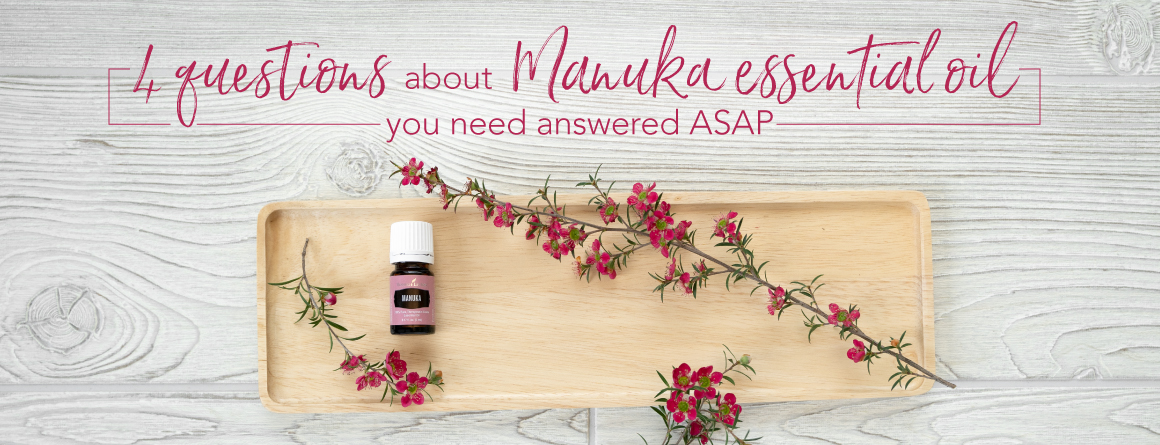
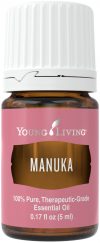
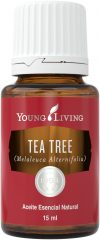
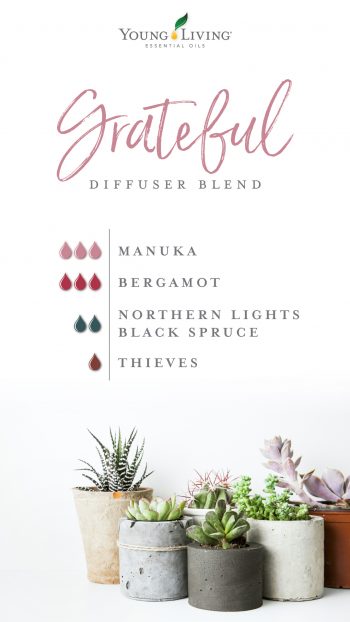
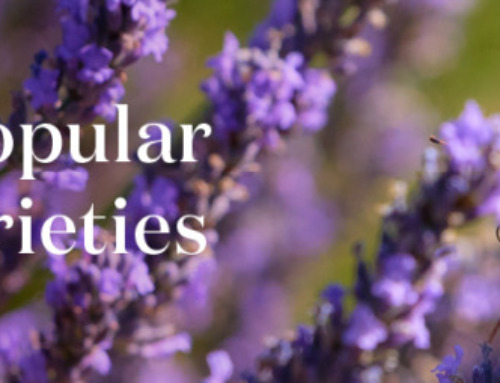

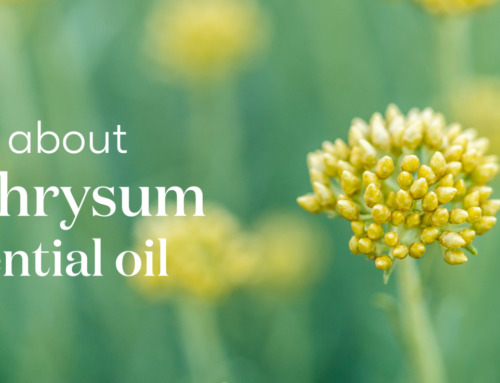
Leave A Comment